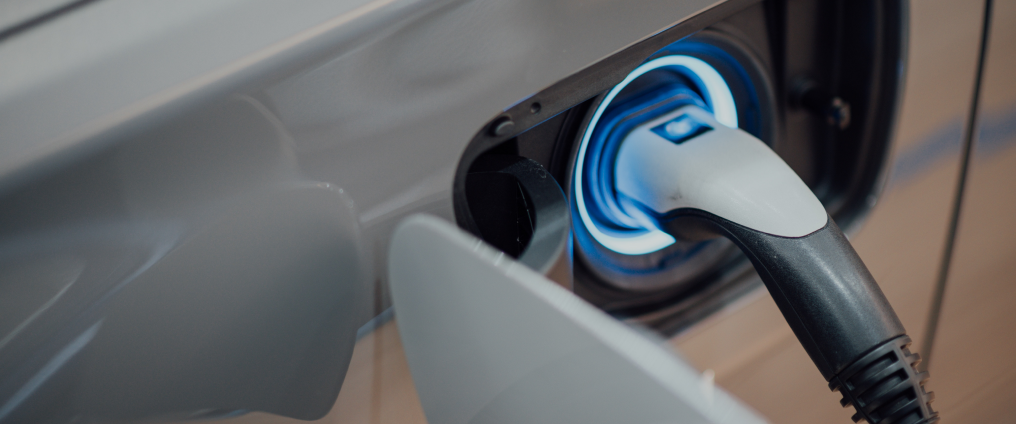Two of the Foundation’s Strategic Partners, Groupe Renault and Solvay, have joined forces to create a circular economy for electric vehicle batteries.
They have created a consortium with Foundation Partner Veolia to collaborate across the battery value chain — collecting end-of-life batteries, then recovering and purifying the metals to be reused in new batteries.
The circular economycircular economyA systems solution framework that tackles global challenges like climate change, biodiversity loss, waste, and pollution. It is based on three principles, driven by design: eliminate waste and pollution, circulate products and materials (at their highest value), and regenerate nature. represents systemic change and requires collaboration between all actors — in order to achieve this, the Foundation’s Network brings organisations together to mobilise systems solutions at scale.
Each organisation has a key role to play in the collaboration — Renault brings its experience in extending the life-cycle of EV batteries, through repairrepairOperation by which a faulty or broken product or component is returned back to a usable state to fulfil its intended use. and recycling schemes, and Solvay brings its expertise in the chemical extraction of battery metals.
With the number of electric vehicles worldwide expected to grow from 10 million in 2020 to more than 100 million by 2030, the Foundation welcomes the consortium’s commitment to scaling circular economy solutions.
Both Renault and Solvay have recently renewed their Strategic Partnership with the Foundation.
Renault joined the Foundation when it was first launched ten years ago and has pioneered circular economy solutions in the automotive industry.
Solvay joined the Foundation in 2018, pioneering chemistry as an enabler of circular economy solutions. The company designs specialty chemicals and processes to recover value from waste and end-of-life equipment.
The company has included circular economy targets in its Solvay One Planet strategy, such as providing circular economy solutions to customers and increasing the sales of products based on renewable or recycled resources by 2030.
As a founding partner for more than ten years, we are very pleased to renew our Strategic Partnership with the Ellen MacArthur Foundation. Being part of this community of circular economy leaders and pioneers is extremely valuable, as shown by the launch of this consortium to recyclerecycleTransform a product or component into its basic materials or substances and reprocessing them into new materials. end-of-life electric vehicle battery metals in a closed loop, together with two other Foundation organisations — Solvay and Veolia. The project was fuelled by the discussions we had within the Foundation around a shared vision of a circular economy model based on more efficient and sustainable management of resources.
Luca de Meo, CEO, Renault
This consortium is a great example of partnership in the value chain that makes the circular economy come true for battery metals. We are thrilled to have Groupe Renault join the consortium with Veolia and us, and view them as a strategic partner in closing the loop of circularity, bringing input material for recycling and re-injecting purified metals into the battery cycle. This project exemplifies that we need a systemic approach, as advocated by the Foundation, to scale solutions to real business cases. We have joined forces to reinvent business as a single industry cannot achieve circularity alone.
This also illustrates how we walk the talk with our Solvay One Planet sustainability roadmap as we aim to more than double revenues generated in a circular economy by 2030.
Ilham Kadri, CEO, Solvay Group
Transformational circular economy business models and collaboration are needed to reach the pace and scale required to address global challenges such as climate change and pollution. This partnership between our two Strategic Partners, Renault and Solvay, and Partner Veolia, demonstrates how key actors across the business ecosystem are coming together to mobilise systems solutions based on circular economy principles — in this case, by innovating to create a circular economy for electric vehicle batteries, the principle of keeping products and materials in use. It is an approach we fully endorse and we look forward to supporting them as they continue to raise the bar.
Andrew Morlet, CEO, Ellen MacArthur Foundation





